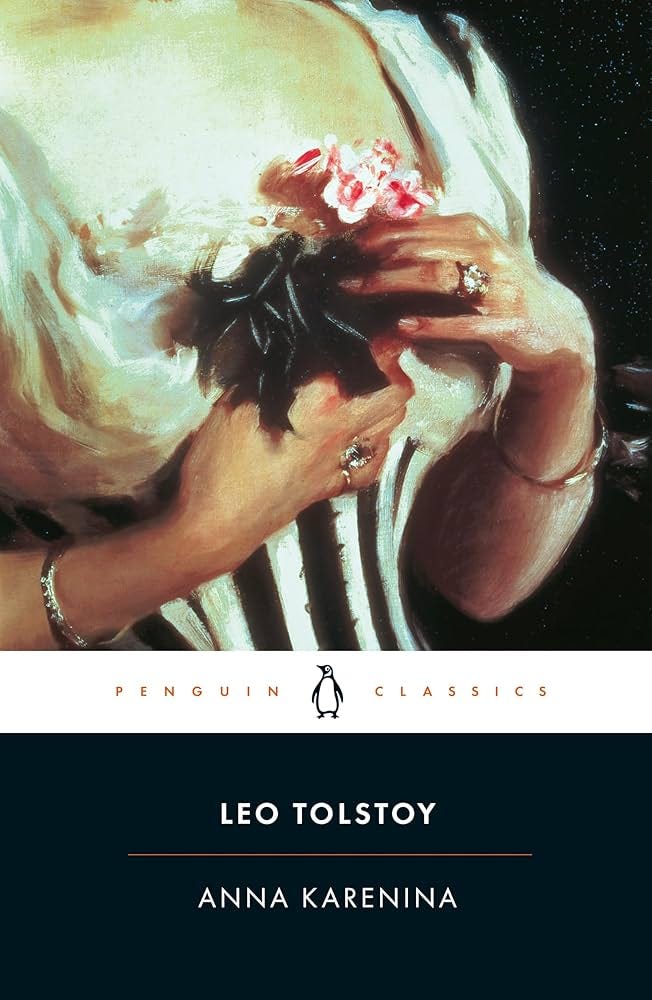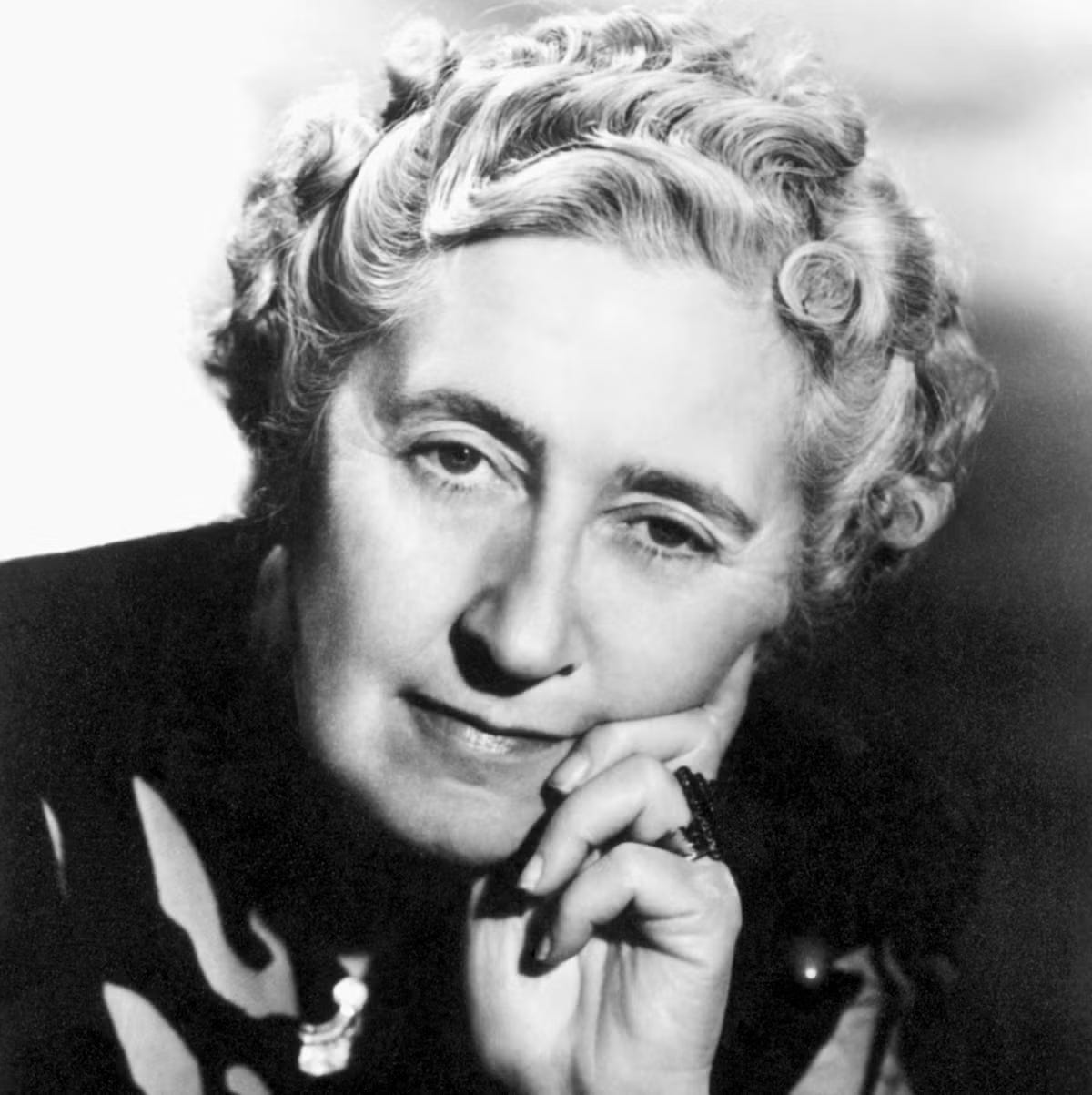Elitism is good
So is being nice
Recently, Isaac Kolding, who writes Amateur Criticism, has been producing essays about the nature of the academic humanities and literary culture. I’m enjoying them. He wrote a series about “how to interpret a text” which explains a variety of critical ideas about literature.
And he reviewed How to Read Like a Professor, a popular book that teaches basic principles of literary criticism. (I don’t think it’s an especially good book, but I’m fine with its Northrop Frye-lite approach: Frye was a very great critic.)
These essays have led Isaac to reflect on the nature of literary criticism in the academy and for the public, such as here on Substack.
I shall confess that Isaac has made some conclusions with which I am in deep sympathy, such as—
… in dismantling the canon—in largely doing away with the idea that there is a single set of books that everyone ought to read—English professors have had a hand in their own undoing…
This is music to my ears.
It’s vain to deny that a lack of canonical standards is not only alienating to students but undermines the whole purpose of having a literature department.
Once we evaluate literature on its political, historical, or other merits, without any binding constraints of canonical standards, then we are denying the idea of good or better, and so we are starting to deny the idea of authority.
If you are an expert in works of literature (or culture) that are not good or better, and you promulgate theories of culture that encourage that leveling attitude, you can hardly be surprised when people go looking for ideas of the good elsewhere. (I am assuming the existence of the good because it takes too long to argue: that’s for another time. If you want to deny it, good luck to you.)
Some things are good; some are better; this is, to most people, sheer common sense. So it is with books.
However, insisting on the idea of the good or better, we stand to alienate people in another way. Here’s another conclusion Isaac has reached:
… it’s useful to remember that many—maybe most—people didn’t like English class. Maybe they even feel like it ruined literature or poetry for them.
In his most recent essay, ‘Literary Elitism’, Isaac takes this further. He asked his own students “how they think the university has changed the way novels are written and received”. The response was bad.
Many of them felt studying literature “sucked all of the joy out of it” and that their ideas weren’t taken seriously. They are bookish young people: “exactly the sort of people who should feel most welcome in an English department. But they don’t.”
Isaac says:
I have started to understand, just from interacting with my small readership here, and from reading more posts about literary studies, and from listening to my students, is how very hurt a lot of people are when they are told that the things they like are contemptible. People carry this hurt and resentment with them for decades.
So we have a question—can we be elitist about literature (maintain canonical standards) and make it a welcoming subject for people who love reading non-canonical works?
I think we can, but I want to defend elitism as part of that belief. We can believe that some books are better than others without believing that makes readers of those books superior. Anna Karenina is supreme; reading Anna, however, isn’t a magical process by which you become supreme.
I am a pluralist, so my response to Isaac is to say that while some books are better than others (there really is such a thing as a canon and notions from the social science about socially constructed ideas don’t change that), there are many different forms of the good.
Lots of things are good in ways that might not be consistent. We don’t have to pick one exclusive idea of the good. We have to pick between competing ideas of the good.
To say that there are different goods is not to deny that some goods are better. There are many sorts of pleasure and you have to be a stubborn Benthamite to maintain that they are all equal. I doubt that anyone seriously thinks that there are no higher pleasures. We don’t really believe that the students who are told they enjoy “bad” books are always enjoying books which are the equal of canonical literature.1
These debates are often non-pluralistic. We debate as if we have to choose between types of pleasure. In reality, you can have some fun and enjoy the higher pleasures. Even that notable elitist Harold Bloom liked to watch the Yankees on the television. Life is not all Dante and Proust.
What we want, then, is some variety of pleasures, with a recognition of the different types of good that exist, so that we can make informed decisions about how to spend our limited time.
Pluralism would also insist on the idea that there are other goods than pleasure. There is a whole range of human experience available to us, and pleasure is not the only good thing that makes life valuable.
From this we can say that elitism is fine because some things are better than others and anyway studying Literature is not only valuable because it is fun (or because it is a higher pleasure, for that matter).
Now, it does not therefore follow that we should exclude people based on their pleasures. Too many professors have dismissed Tolkien, for example, on snobbish grounds without reading him. You can enjoy Tolkien and Dante!
But it also does not follow that we have to be too egalitarian (in the classroom) about what people enjoy reading. The difference between fantasy novels and Shakespeare is a difference of the books, not of their readers. It is your problem if you take it personally when someone tells you that what you like is trash if it actually isn’t very good.
If you feel like your pleasures are being diminished, when someone tells you Shakespeare is better than Agatha Christie, that is a reaction based on your beliefs, even if that comparison might not be very meaningful. This is especially true in the classroom (Tolkien deniers need to be accounted for though)!
That the book is better doesn’t necessarily make the reader better. We all know that Nazis enjoyed Bach, and that Epstein read Nabokov, and so on. It doesn’t follow that Nazi listeners pollute Bach, and nor does it follow that Bach “improves” the Nazi listener. These are complicated processes, again requiring their whole own essay.
One widely recognized purpose of reading and studying literature is to challenge existing beliefs—to provoke. So if we are too sensitive about not telling people that some books are better than others (because we don’t want romance readers to feel bad about themselves or whatever), we are deciding to prefer one sort of good to another, before we have even begun the process of thinking through what the goods are and how to value them.
Elitism is the belief that some books are better than other books and that it is better to read those books. This is not necessarily an argument for only reading those books.
I happen to believe that it is important to have catholic taste. How can you know the relative value of different pleasures unless you enjoy them all, or at least experience them all? As Robert Gottlieb, the famous editor (who edited Caro) said, “I will read anything from Racine to a nurse romance, if it’s a good nurse romance.”
The goodness of Mozart is not about you, and not defined by you; the apprehension of Mozart’s goodness is another matter, and one which we might argue about. The same is true of Racine and the nurse romance and all the other works of literature under dispute.
Being able to apprehend these differences, independently of any value judgements you may make about them, and any emotional reaction you have to being told that you like the lesser-valued work, is the task of criticism.
The well-read critic will know as much as possible, and will be able to understand the competing goods, but that doesn’t mean an undergraduate literature course has to be catholic in scope. One does not need professors to help with the apprehension of most fantasy novels and detective fiction. Chaucer, Spenser, Shakespeare, and Milton are another matter.
Isaac is right that professors and literati of all stripes ought to be nice. We all ought to be nice! But niceness is one good. Truth is another.
The teaching of literature owes as much to the canon as it does to students. If they arrive knowing what they like, and feeling upset when someone tells them that they only like what they know, one has to ask—why did they turn up?
Elitism can’t be given up in favour of niceness if that means abandoning canonical standards. As Isaac says, that’s ruinous. And it’s a falsity. But the canon is there to be passed on.
Critics and scholars serve the canon. We do that best by involving people in its wonders.
Humiliating people with snobbish attitudes is a bad idea. Inducting them into the strangeness of the canon, of the good pleasures of great literature, as well as its darkness, mysteries, and bafflements is what we ought to be aiming for.
One of the most important and common reactions we have to great literature is to say with Horatio—“this is wondrous strange!”
To explain this point, look at a common philosophical thought experiment (and psychology experiment, with rats). Imagine you could be hooked up to a pleasure machine, or given an addictive substance, so that you were able to live your whole life in this state.
Would you attach the electrodes, or take the addictive substance?
J.J.C. Smart answers this problem by saying that we might be happy once we are on the pleasure electrodes, but right now, you want to listen to Mozart, learn German, walk in the rain with your family, and so on. Are the electrodes worth the loss of all that? No! You will resist being plugged in. And imagine you did hook up but later on it paused or failed: you would probably regret the lost opportunities for other pleasures.
The first thing we have to accept, though, is that a lot of people do plug in regularly to something like the pleasure machine—watching Netflix, drinking beer, playing video-games, scrolling Instagram—and they are in fact happy. There is some genuine pleasure being had. Fun is good.
(I am not about to argue that a lot of popular pleasures are merely addictive electrodes with no inherent good—but some pleasures are close to being electrodes. Can it really be a subjective judgement that the pleasures of friendship and parenthood are better than the pleasures of the electrodes?)





I am a somewhat reluctant convert to this camp--converted, in part, literally by Anna Karenina. But I'm still sympathetic to the opposing view, because people (including me) really struggle to articulate a clear theory what exactly distinguishes good and bad literature. As Henry has noted, a lot of the arguments people make about this are really quite bad!
If you set yourself up an authority on what is good and bad, then you better bring the goods! And if you can't, then prepare to be tossed out like the bum you may be reasonably supposed to be.
A great defense for standards. I've always enjoyed Charles Taylor's phrase that moral relativists "collapse the horizons of significance"